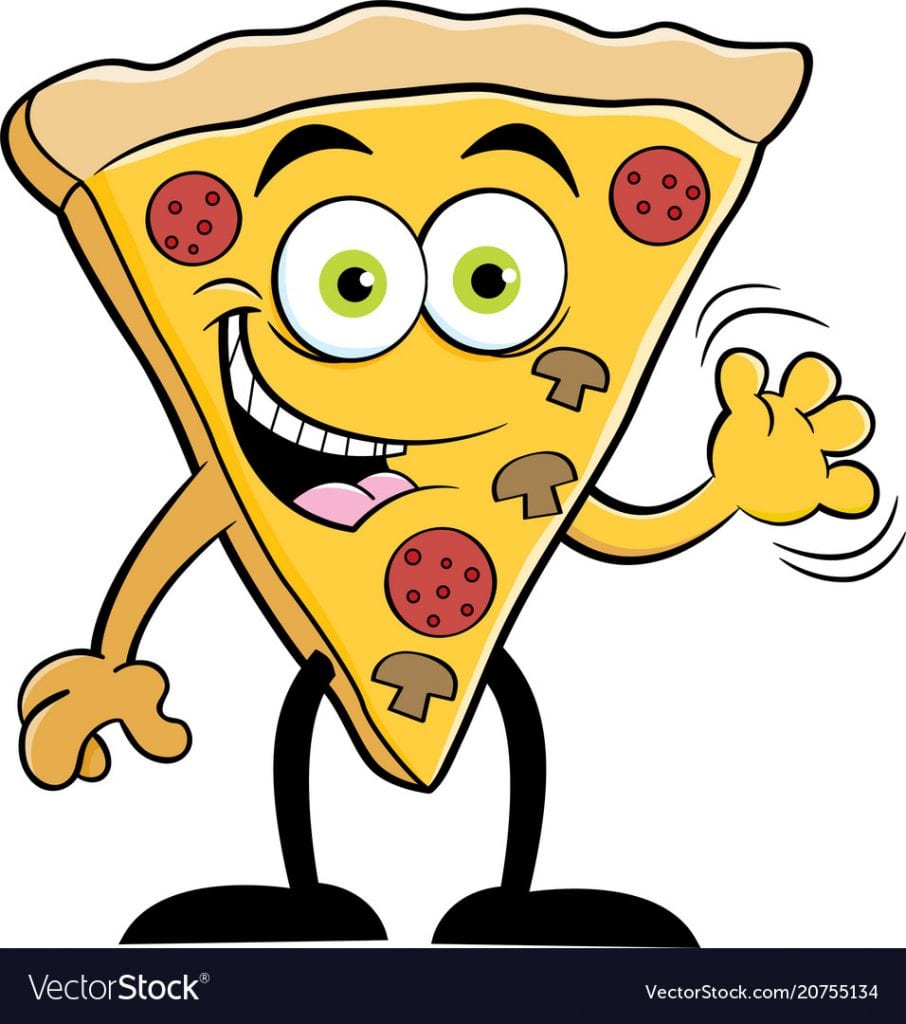Reading: Students will learn to ask and answer such questions as who, what, where, when, why, and how to demonstrate understanding of key details in a text. They will know and use various text features (e.g., captions, bold print, subheadings, glossaries, indexes, electronic menus, icons) to locate key facts or information in a text efficiently.
Math: Students will use addition and subtraction within 100 to solve one- and two-step word problems involving situations of adding to, taking from, putting together, taking apart, and comparing, with unknowns in all positions, e.g., by using drawings and equations with a symbol for the unknown number to represent the problem.1 They will fluently add and subtract within 20 using mental strategies.2 By end of Grade 2, know from memory all sums of two one-digit numbers.
Writing: Students will write narratives in which they recount a well-elaborated event or short sequence of events, include details to describe actions, thoughts, and feelings, use temporal words to signal event order, and provide a sense of closure. Our students will use mentor texts to guide them with their narrative writing.
Science: Students will conduct an investigation to describe and classify different kinds of materials by their observable properties.
Students will learn that different kinds of matter exist and many of them can be either solid or liquid, depending on temperature. Matter can be described and classified by its observable properties.
Social Studies: Students will use maps to describe the spatial organization of the local community by applying concepts including relative location and using distance, direction, and scale. They will describe land use in the community(e.g. where people live, where services are provided, where products are made).










